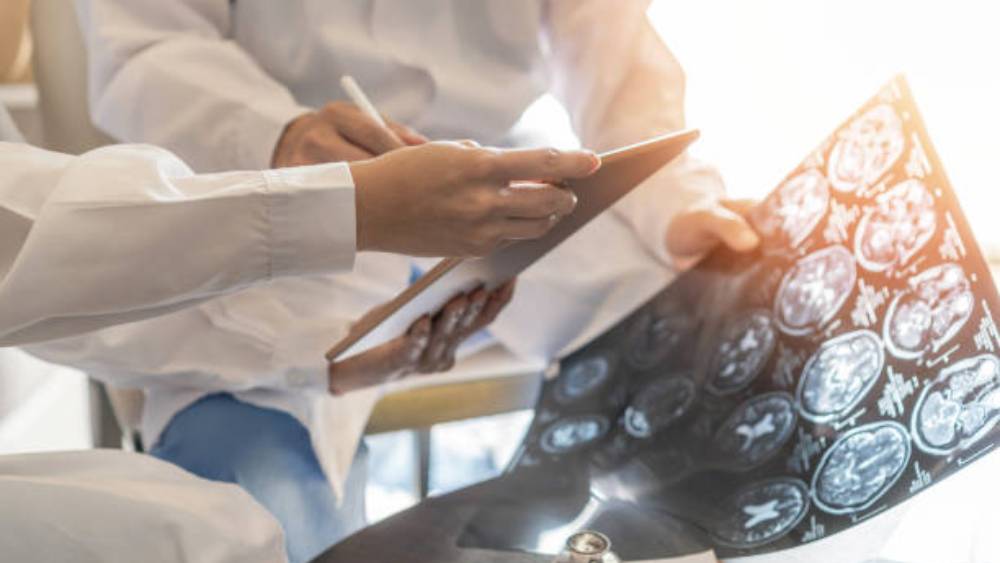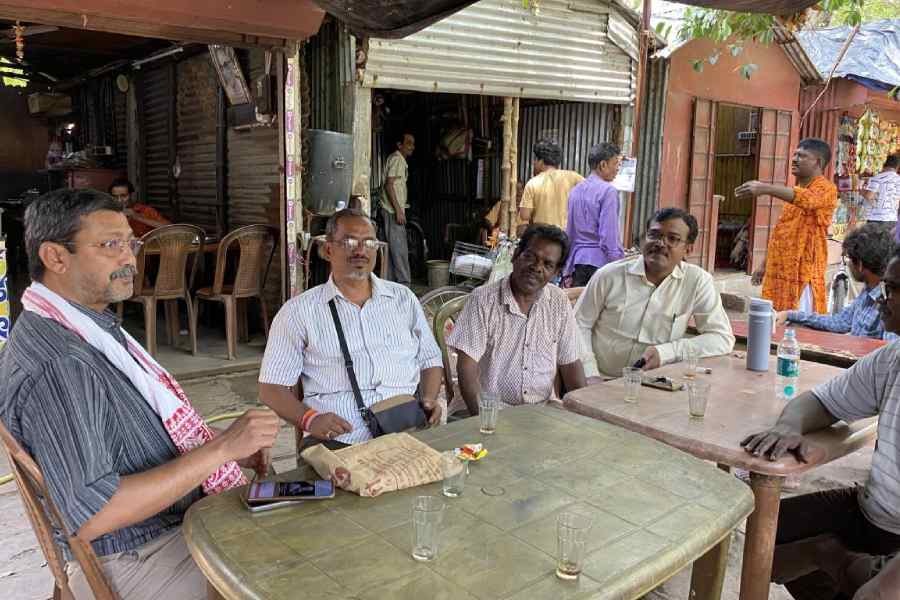The mention of stroke strikes fear in the hearts of most people today. And why would it not, as the condition has almost reached epidemic proportions the world over. However, the general population still does not have a clear understanding of what it entails. Most of us associate strokes with paralysis and irreversible damage. Can the condition be reversed? Can the damage be limited? We caught up with Dr Dipendra Kumar Pradhan, Neuro Surgeon at AMRI Hospital to bring you the answers to these and other questions.
Dr Pradhan starts out by telling us that there are primarily two kinds of strokes – ischemic and haemorrhagic. Though they are both an ‘attack’ of the brain just like the heart is affected in a heart attack, they have different causes and as such need to be handled differently.
Speaking about ischemic strokes first, Dr Pradhan says that these are caused by a partial or complete blockage of the blood vessels supplying blood to the brain. If detected within the Golden hour, there are excellent chances of treatment. But what is the golden hour? Dr Pradhan tells us that the period within which the blood vessels can be thrombolysed and the damage reversed in 3 hours. Hence, it is imperative that a stroke be detected early and the patient is taken to the nearest hospital within this window. And how can you detect that a stroke has happened? Look out for the following symptoms: weakness of one side or both sides of body, slurring of speech, deviation of angle of the mouth, loss of consciousness, convulsions or deterioration of sensory functions.
Moving on to the second kind of stroke: haemorrhagic, the doctor tells us that this is nowadays commonly seen by neurosurgeons. In fact, irrespective of age, this condition is commonly being seen in patients ranging in age from 20 to 70+ years. So what could be the causes for this type of stroke? Dr Pradhan points out that the causes could be genetic or the presence of other chronic diseases like hypertension, diabetes, cholesterol or more commonly, excessive stress of life. Unlike an ischemic stroke, one must remember that in the case of haemorrhagic strokes, it is easier and safer to prevent. If you think you fall into the high risk category for such a stroke, your best option is to consult your doctor or physician at the earliest. The easier options are to keep a check on the comorbidities, manage stress through a variety of means, such as exercise, yoga, meditation or even by consulting a medical health practitioner regularly.
However, whatever the cause of the stroke, it is imperative is to consult a doctor as early as possible. In either case, your one stop solution is always at the hands of experienced doctors in this speciality and the best facilities available at AMRI Hospitals.
This report is published in a joint venture with AMRI Hospitals.










